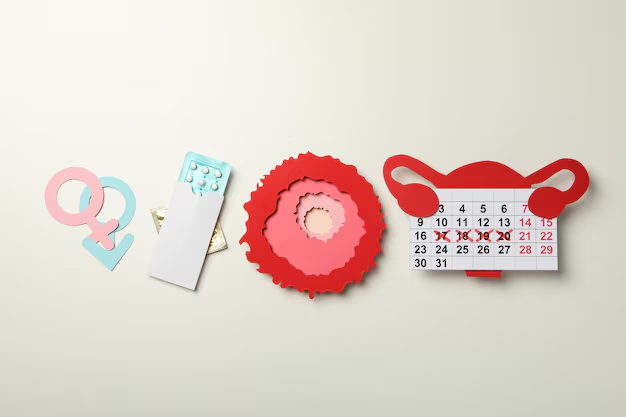Talking openly about feelings

The menstrual cycle isn’t just a physical process—it’s deeply emotional too. From joy to irritability, confidence to vulnerability, your feelings can fluctuate with your hormones. But here's a powerful truth: talking openly about your feelings, especially during your period, is an act of self-love.
In a world where menstruation is still surrounded by silence and stigma, giving yourself permission to speak about your emotions is healing, empowering, and necessary for your overall wellbeing.
🌀 Understanding the Emotional Cycle
Your menstrual cycle is divided into four phases: menstrual, follicular, ovulation, and luteal. Each phase can trigger different moods:
-
Menstrual Phase (Day 1–5): Often a time of low energy, introspection, or emotional sensitivity.
-
Follicular Phase (Day 6–14): A rise in energy and optimism as estrogen increases.
-
Ovulation Phase (Around Day 14): A peak in confidence and sociability.
-
Luteal Phase (Day 15–28): Mood swings, irritability, or emotional vulnerability are common due to hormonal shifts.
Recognizing these patterns helps you understand that your emotions are valid and biologically influenced, not irrational.
💬 Why You Should Talk Openly About Feelings
-
Normalizes Your Experience
By sharing how you feel with a friend, partner, or journal, you realize you're not alone. Others go through similar emotional waves, and talking can make your experience feel more normal and less isolating. -
Builds Emotional Awareness
Expressing your emotions helps you identify and process them. When you say, “I’m feeling more anxious today—it might be PMS,” you connect your mood to your cycle, rather than internalizing guilt or confusion. -
Strengthens Relationships
Honest communication improves empathy and support. If your mood changes are affecting those around you, explaining what’s going on builds trust and understanding. Instead of “I’m just in a bad mood,” try: “I’m in my luteal phase, and I’m feeling extra sensitive.” -
Improves Mental Health
Suppressed emotions can lead to stress or anxiety. Talking about your feelings is a form of emotional release. Whether it's venting, crying, laughing, or simply being heard—it lightens the emotional load.
🌷 How to Start the Conversation
Not sure how to open up? Here are a few gentle ways to begin:
-
“I’ve been tracking my cycle and noticing how my moods shift—can I share something with you?”
-
“Lately, I’ve felt overwhelmed around my period, and I want to talk about it more openly.”
-
“I realized I need to be kinder to myself during certain times of the month. Can we chat about that?”
If talking to someone else feels hard, start with yourself. Journaling is a safe and effective way to process what you’re feeling without judgment.
💖 Body Love Tip: Let Emotions Flow Without Shame
Instead of fighting emotional waves, flow with them. Cry if you need to. Laugh without reason. Ask for hugs or alone time. Your emotions are part of your body’s wisdom. Honoring them is an act of radical self-care.
✨ Self-Care Suggestions for Emotional Balance
-
Track your cycle and mood daily to spot emotional patterns.
-
Use affirmations, like “My emotions are valid” or “I embrace how I feel.”
-
Set emotional boundaries—say no when your body and mind ask for rest.
-
Create a calming ritual (e.g., tea, music, breathing exercises) when emotions peak.
Final Thoughts: Speak, Feel, Heal
Your menstrual cycle is not a weakness—it’s a rhythm that deserves respect. By talking openly about your feelings, you break taboos, foster connection, and support your own emotional well-being.
So go ahead—speak your truth, love your body, and honor your emotional flow. 🌺
Related Articles

Making your peace a priority

How Your Menstrual Cycle Changes with Age

Staying hydrated

Foods for baby’s brain development

Light resistance workouts

Creating a calm daily routine

Signs of PMS-related anxiety

Baby development at 4 weeks